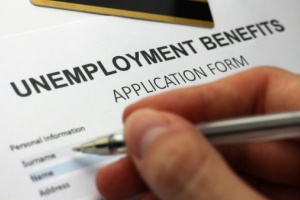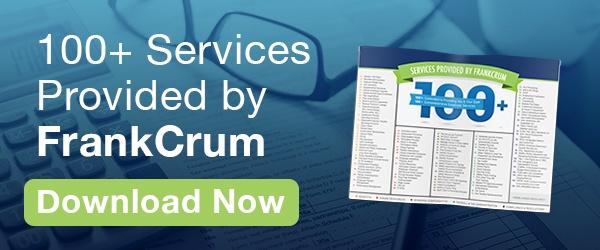 Franchise owners know that former employees are free to file unemployment claims, and in some cases you may choose not to contest. But since your experience rating affects your state unemployment rate, you’ll want take informed actions to mitigate the effect of unemployment claims on your franchise business.
Franchise owners know that former employees are free to file unemployment claims, and in some cases you may choose not to contest. But since your experience rating affects your state unemployment rate, you’ll want take informed actions to mitigate the effect of unemployment claims on your franchise business.
Here are a few things every franchise owner should know about unemployment claims.
- Just because an employee quits doesn’t mean they are not entitled to unemployment benefits.
If an employee quits with good cause attributable to you, the employer, they may be entitled to unemployment benefits. For example, if you open a new retail franchise location 20 miles from your current location and you require an employee to transfer to the new store, if that employee quits, he or she may be entitled to unemployment.
In this case of a “mandatory change in location,” the distance must be deemed burdensome to the employee, and that distance is specified by each state. Work shift changes and harassment are two more attributable causes to consider when an employee quits. Knowing the attributable causes can help you avoid these situations whenever possible, and recognize the risk they introduce to your bottom line. - Timely and accurate responses can help you lower your experience rating charges.
When a former employee files an unemployment claim, employers have a lot of paperwork to take the proper actions, and there are deadlines along the way. It can be tempting to avoid this administrative burden, but that can hurt your experience rating.
For example, we recommend that you respond to all wage audits. The purpose of a wage audit is to verify that the wages a former employee claims are accurate. If an employee claims and receives too much in wages, he or she will be required to pay those benefits back, sometimes in the form of future wage garnishments. In this way, you can control the charges associated with your franchise business, even in cases where the claim is valid. - Centralizing HR administration can help you mitigate unemployment costs.
Doing the work to pursue the details of every unemployment claim can be time-consuming and a bit daunting. Consider some specialization in this area to capitalize on every opportunity and do so as efficiently as possible.
It helps to have one point of contact for unemployment claims, and that person will either have or will develop a high level of expertise. It’s also important to know the variations state by state. Knowing exactly what information to provide in the claims process can have a significant impact on efficiency of the process. For example, when an employee quits in a “no call/no show” fashion, reporting it in that specific way can eliminate multiple rounds of information exchange in the process.
If you are too understaffed to consider this level of centralized specialization, a professional employer organization (PEO) can help. You’ll get a department of experts who specialize in unemployment claims, and who can respond to each and every one. By outsourcing the tasks in this way, you’ll gain a team of experts at a fraction of the cost of doing this yourself.












